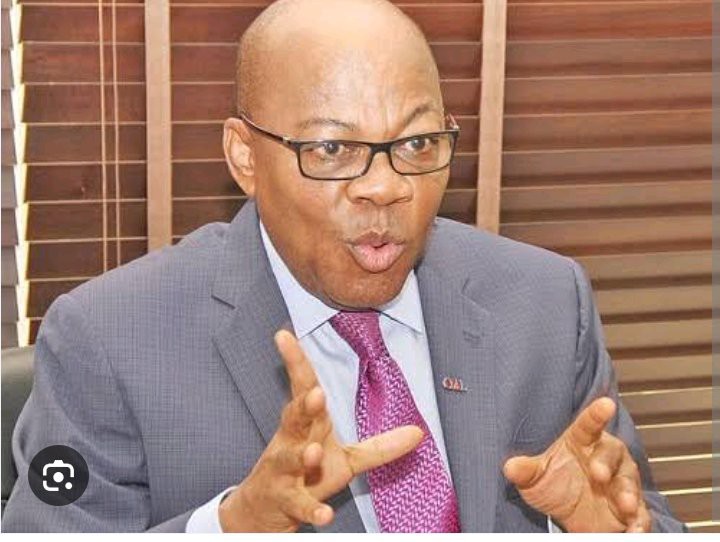Senior Advocate of Nigeria, Dr Olisa Agbakoba, has asserted that Nigeria’s continued reliance on the Western liberal democratic model is deeply problematic and failing the nation.
During an interview with ARISE News on Friday, Agbakoba called for a complete overhaul of Nigeria’s democratic system. His remarks came in response to the House of Representatives’ decision to reject a bill proposing rotational presidency among the country’s six geopolitical zones—a step he believes could have reduced the feeling of marginalization if embedded in the constitution.
According to him, the core issue goes beyond equitable power distribution. He argued that the Western liberal democratic model, which was adopted by Nigeria, has fundamentally collapsed under its own weight.
“The real issue is that the Western liberal democratic framework has not worked in Nigeria,” Agbakoba stated. “It shuts people out, causes division, and fuels endless political conflict. Everyone is chasing power, and no one wants to stay in opposition. That’s why you see opposition politicians defecting to the APC. The system is broken.”
He stressed the necessity of “rethinking and reimagining our democratic framework”, identifying lack of inclusion as its major weakness. “What I advocate is a locally grown and indigenous system—what I describe as consociational democracy—built around our own institutions,” he explained.
Agbakoba referenced examples from countries like Belgium, which practises a power-sharing agreement between its Walloon and Flemish communities. He suggested a similar model could help Nigeria promote national unity. “If a person like me from the Southeast knows there’s a defined role in the executive setup and a platform to be heard, I won’t feel like an outsider.”
He strongly supported the need to embed inclusivity into the constitution as a countermeasure against the prevailing winner-takes-all system. “This is the cornerstone for a better Nigeria. The facts are there. Why not act on them?”
While commenting on the rejected rotational presidency bill, Agbakoba maintained that such a move could address issues of exclusion. “Belgium rotates leadership. They share power. That’s what we need—constitutionalised inclusion.”
He also argued in favour of assigning constitutional roles to traditional rulers, drawing a comparison to the United Kingdom. “I strongly support the involvement of traditional rulers in governance. King Charles, for instance, has a constitutional role in the UK. I believe our traditional institutions should be constitutionally recognised too.”
Despite his proposals, Agbakoba acknowledged the realities of Nigeria’s political terrain, particularly the presence of corruption and manipulation. “We’re in a tough spot, nearing hopelessness… But if every group has a seat at the table, a stake in governance, the motivation for corruption will decline. That’s my belief.”
He clarified his stance on party politics: “I don’t blame the APC. They want to win power. And the reason why this is so is because it’s a winner-take-all.”
Speaking on the economy, Agbakoba criticised the Western liberal economic structure for enabling exploitation by a few while discouraging meaningful national development. He questioned why anyone would invest in development when capital yields more profit.
Reacting to voter apathy and the idea of mandatory voting, he opposed the notion outright. “Not at all. You can’t force people to vote. People will willingly vote if they see the benefit. The only way to encourage participation is to offer real democratic dividends. That’s how to get people involved.”
Reflecting on his own experience, he said, “Look at me here at 72. I haven’t got a dime, no advantage from the government of Nigeria. Why would I want to vote?”
He ended with a strong call for Nigeria to abandon the “illusion of Western democracy” and build a more inclusive, locally driven system. “Let’s construct something rooted in our own reality. And what works for us is inclusion. If everyone feels represented in power, then we can truly advance and develop the country.”
Agbakoba made it clear that his proposals are just a part of a broader discussion about Nigeria’s path forward. “I’m not the only one with ideas. These are simply my contributions to the debate. Others will refine and shape them further.”
Explore More News By Using The Button Below.

